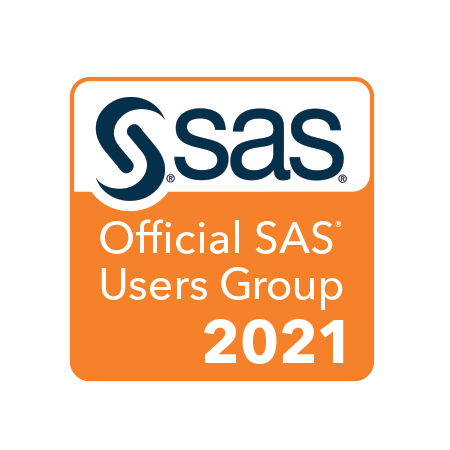The 2013 Forum will hold several half day Pre Conference seminars on Wednesday, October 30th , 2013. Attendees will have an opportunity to develop and enrich their SAS knowledge by attending a morning and/or afternoon pre conference workshop from list below. Please note that a separate $125 per seminar fee applies to all pre conference training.
8:00 AM – 12:00 PM
-
Programming Essentials Using SAS® Enterprise Guide® (Newly Updated) – Kirk Lafler
Location: Conference Center A
This course is designed to teach the basics of the SAS® System emphasizing the power of the graphical user interface (GUI) features found in SAS® Enterprise Guide (EG). Acquire a working knowledge of the GUI front-end interface along with the built-in wizards to access and perform a variety of input data types; data transformations; reporting and analytical tasks; subset, order, group, and summarize data; join (or merge) tables together; export results to Excel, Word, HTML, and PDF; and organize, view and manage projects, code, and its application-generated flow diagrams visually.
Attendees learn how to use EG’s GUI front-end interface to construct and execute programs using the SAS System; read and process text, ASCII, comma- and tab-delimited, and Excel data; format existing variables and create new calculated variables; create temporary and permanent SAS data sets; subset, order and group data; create detail, summary, tabular and statistical reports; perform conditional programming logic; manipulate numeric and character data; combine data using concatenation, match-merging (or joining) techniques; and manage SAS data sets and projects for added power and flexibility.
Intended Audience: SAS Programmers and End Users
Prerequisites: No previous SAS software experience required
Delivery Method: Instructor-led with code examples
Length: ½-Day
Course Material: Course notes are provided
- Macro Design Ideas: Theory, Template, Practice – Ron Fehd
Location: Conference Center B
This seminar is a survey course for those who are polishing macros in preparation for peer review, publication, or testing. This course has two halves: theory and practice. In the theory section we will review the topics of logic, quality, testing and a common vocabulary expressed as a style guide, a necessary document for your peer reviews. In the practicum, we will review documentation ideas, issues and standards, and proceed through a checklist of the common parts of good macros. We will compare and contrast the author's works with macros from other on-line sources. Attendees are encouraged to bring their own macros for commentary and polishing.
Intended Audience: Suitable for all levels of SAS expertise.
Prerequisites: n/a
Delivery Method: Instructor-led with code examples
Length: ½-Day
Course Material: Course notes are provided. Attendees are encouraged to bring their own macros for commentary and polishing.
1:00 PM – 4:30 PM
- Advanced PROC SQL Programming Concepts and Techniques (New) – Kirk Lafler
Location: Conference Center A
This course teaches advanced PROC SQL concepts and techniques to exploit SQL as a programming language. Attendees learn how to use PROC SQL to construct logic scenarios with simple and searched CASE expressions; understand and explore the application of “virtual” tables known as views; create complex queries using inner and outer join constructs as well as with set operators; explore rule-based and cost-based optimization strategies; explore and influence the various join algorithms; explore the details associated with index rules and strategies; construct table validation rules using integrity constraints; and explore the various query performance tuning techniques.
Intended Audience: All SAS and SQL users
Prerequisites: Introductory SQL course, SAS Essentials course or 6-months SAS software experience
Delivery Method: Instructor-led with code examples
Length: ½-Day
Course Material: Course notes are provided
- Data Cleaning 101 – Ron Cody
Location: Conference Center B
This half-day workshop discusses ways to look for data errors using both DATA step programming and Base SAS procedures. We start with programs and procedures to detect errors in character data. Functions such as NOTDIGIT and NOTALPHA are especially useful in this regard. For numeric data, we investigate methods for detecting data points outside of fixed ranges and continue on to develop programs for automatic outlier detection. Most of the material for this workshop is based on the two-day course, Data Cleaning Techniques, offered by SAS Institute.
Intended Audience: All SAS users
Prerequisites: n/a
Delivery Method: Instructor-led with code examples
Length: ½-Day
Course Material: Course notes are provided



